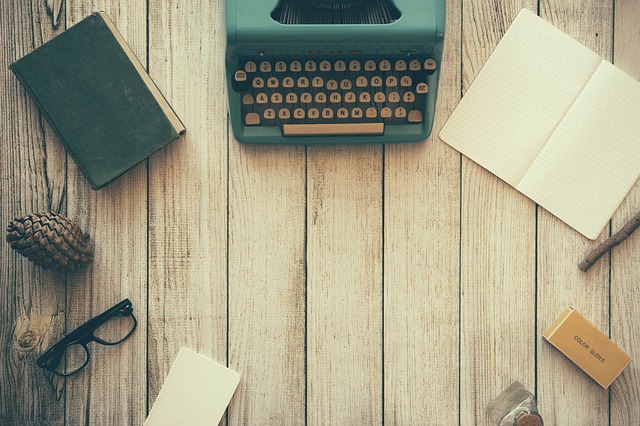Setting out to increase your productivity can seem a bit daunting. What does it even mean? Does it just involve working harder and taking less breaks? Does it entail deleting all social media accounts and becoming a hermit? Well, thankfully no. There are lots of things we can do to achieve more while actually working less. To use the old adage: we can learn to work smarter, not harder.
Here are some productivity-boosting hacks you can use the next time you’re in the library or revising for exams.
Bust the myth of multi-tasking
The ability to do multiple things at once is often considered to be an important skill we should all try to cultivate. However, there is evidence that this ‘skill’ may actually be damaging to productivity.
Daniel Levitin in his book The Organised Mind argues that what we think of as multi-tasking is usually just a process of switching rapidly from one task to another. The result is that no single task gets the attention and focus it needs to be completed, meaning that they all drag on longer than necessary.
To escape this productivity trap, try being aware of how often you are actually multi-tasking without even knowing it. Are you scrolling your Facebook feed, watching a YouTube video and messaging someone on WhatsApp, all while trying to revise? If so, you could hugely improve your productivity by simply closing those extra tabs and switching your phone to airplane mode for a while.
Set time trials for your brain
No matter how productive you are, you can’t concentrate forever. A new study has found that the average person’s concentration span is around 14 minutes. This clearly suggests that our brains are not suited to marathon revision sessions!
However, we can use this to our advantage by changing the way we work. For example, if you are revising for exams, try using timed study-break periods. Set your timer to 30 mins and work intensively for the entire time. Then give yourself a 20 min break to relax and do something fun before coming back to your desk and setting the timer for another 30 mins.
After a few hours of doing this you will have booked yourself some solid productive study while others are still ‘multi-tasking’ their way through revision.
Take your time off seriously
Studies have consistently shown that over-worked, sleep-deprived people suffer from low levels of productivity. This means they have to work longer hours to achieve the same results, which in turn means they have less time to relax and catch up on much needed sleep. It isn’t hard to see how this can quickly become a vicious cycle. If you can really switch off during your down time, you will be more productive when you get back to work.
There are many ways to unwind so choose what works for you. One increasingly popular tool used to de-stress and boost productivity is meditation. It sounds a bit strange but you might be surprised by how effective it is. If you’re interested, a good place to start is an app called Headspace. Give it a go!
Written by Tom H.




